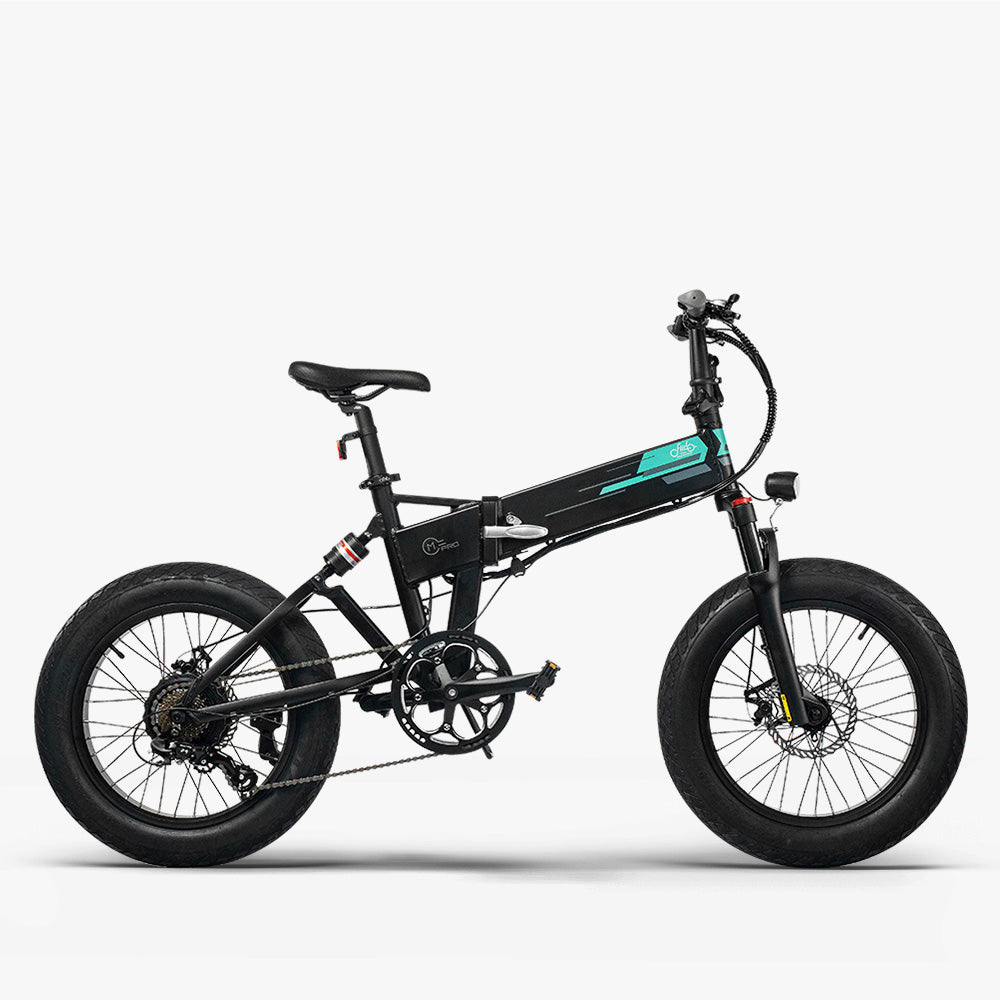Electric bikes are gaining popularity among riders. This is because they are more convenient to ride and highly sustainable. However, owners often overlook their special storage requirements despite their versatility and immense usage. Most e-bike owners treat it like a traditional bike. Storing your bike properly after use or during the off-season is necessary for maintaining its functionality and preventing its quick wear out.
E-bikes have fragile parts like batteries, motors, and other electronics. Environmental hazards like temperature, humidity, and physical damage can easily affect these parts. Also, e-bikes are valuable assets susceptible to theft if not placed in a secure environment.

Read on to learn about how best to save your e-bike properly. The article focuses on choosing the right location for your bike, protecting your battery, and performing regular maintenance for your bike. We will also explore the seasonal storage practice. Reading through and following the instructions below will help optimize the longevity of your bike and minimize potential repair costs.
Choosing the Right Storage Location
Indoor storage
Indoor storage means storing your bike in your garage, shed, or home. Generally, indoor storage appeals to the best option. It provides a better shield from rain, snow, or UV rays. It also reduces the risk of theft. However, the storage type has both pros and cons.
Pros
●Protection from environmental damage like rust and corrosion.
●Reduced risk of theft or vandalism.
●Controlled temperature and humidity.
Cons
●It requires sufficient indoor space.
●Additional ventilation may be needed to avoid battery overheating.
Outdoor Storage
Outdoor storage may seem convenient, but it has huge risks. Exposing the ebike to harsh weather for too long can weaken its battery, rust the body, or damage the electrical system. The storage type can also expose the e-bike to theft, except adequate security measures are in place outdoors. The following are the pros and cons of outdoor storage.

Pros
●More accessible for daily use.
●Doesn't take up indoor space.
Cons
●High risk of environmental damage.
●High chance of theft or vandalism.
You can choose either of the options but make ensure you adhere to the following practices to keep your e-bike. Store the bike in a dry area with less temperature fluctuations if you prefer indoor storage. Also, to avoid accidental damage, use the bike stand or you can wall mount it to keep the bike off the ground.
If you prefer outdoor storage, invest in a quality waterproof cover and use it often. Make sure you put the bike in a ventilated but secure environment. Use a robust lock, GPS tracker, or alarm system for security reasons.
Irrespective of the storage type, ensure the environment's temperature or humidity is optimal. Batteries are best put at a temperature between 10°C and 25°C (50°F and 77°F).
Also, harsh humidity can cause metal corrosion and damage to essential components of the bike. Store the bike in a dry environment and use dehumidifiers or moisture-absorbing materials if necessary to prevent corrosion.
Battery Protection
The battery is an essential part of an e-bike that needs serious protection. Most bikes have removable batteries, which makes it easier to store the battery separately. But remove only when the battery if the e-bike is idle for an extended time.
The major reason for batteries is to prevent overheating or freezing. The battery should be kept away from direct sunlight. Store it in a cool place with a temperature range of 10°C to 20°C (50°F to 68°F).

Make sure it is charged between 60-80% before you store it because a fully discharged or fully charged battery can lead to capacity loss over time. Additionally, be cautious of how you charge the battery because overcharging and undercharging can affect its durability.
Lastly, avoid direct exposure to heat while charging the battery. AIm at 20% to 80% c charged to maximize its lifespan. Do not use third-party chargers when charging. Some chargers are not optimized enough for e-bike charging, and using them can weaken the batteries.
Maintenance Tips During Storage
Suppose you are storing your e-bike for an extensive period. In that case, regular inspection and maintenance are necessary to ensure the bike remains in good condition while in storage.
Check critical parts like tires, brakes, and other essential components. Be certain they are duly inflated before you store the bike, and check occasionally to avoid flat tops due to prolonged nonuse. Also, check out the brake pads to ensure all the moving parts are smooth. Check other components like gears, pedals, and chains and pay close attention to their functionality while in storage.
That your bike is in storage does not mean it should be dirty. This is when it needs more cleansing because clustered dirt may affect its sensitive part. Make sure you remove dirt, dust, and moisture before putting the bike up for storage. To prevent rust, periodically lubricate the chain, gears, and other moving parts. If the storage is longer, you may apply a rust-prevention spray to the metal parts.
Preparing for Seasonal Changes
E-bikes respond differently to weather during winter and summer. It is, therefore, necessary to take some precautionary tips when storing them during the two seasons.

Winter Storage Tips
Cold temperatures are generally harsh on the battery and mechanical parts of an e-bike. Remove the battery in your bike during this period. Instead, store the battery in a cool and dry place. Also, metallic parts are prone to rust during winter. Use rust-preventive spray and cover the bike with a protective sheet if it is placed outdoors.
Cover the bike with a waterproofing sheet for outdoor storage to prevent snow and ice from falling on it. If the cold is extreme, use a shed or garage instead.
Summer Storage Tips
During summer, heat is a major issue for an e-bike’s battery. Do not expose the bike to sunlight or an extremely hot environment. High temperature tends to degrade the battery and other electronics in the bike. Store the bike in a shaded area with good ventilation during this time. The bottom line is that if the weather is extreme during winter or summer, consider storing your bike indoors.
Advantages of Fiido Folding Electric Bikes for Storage
The Fiido folding electric bike is an excellent example of an e-bike that is easy to store and maintain. It has a unique foldable feature, which makes it easy to store without occupying much space. This is an excellent choice for riders who live in apartments with limited space.
The Fiido M1 Pro Electric Bike is an excellent foldable e-bike with a compact design. The bike can fold down to a fraction of its original size. This means it can be comfortably stored in a closet, under a desk, or even in the trunk of a car. The battery is also removable. This means the bike can be stored outside while the battery is indoors.
Another foldable bike that won’t take much of your space is the Fiido L3 Folding Long-range e-bike. Despite its long range-commute and powerful battery, it has a quick folding mechanism that is easy to operate.
Fiido M1 Pro Fat Tire Electric Bike
The most cost-effective fat tire ebike for off-road adventures.
Conclusion
An electric bike is a valuable asset that requires extended time usage. One way to make it durable is by storing it in the right condition when not using it. But before you choose the right storage type, you should consider the environmental condition, your home, and security. The temperature and humidity levels are another consideration when storing your e-bike. During storage, do not cease cleaning and inspecting the bike regularly.
Additionally, be mindful of seasonal changes as they affect how you store your bike. Adjusting during the harsh weather will go a long way in improving the bike’s storage condition. Remember that your electric bike can last years if you maintain consistent and proper storage.














